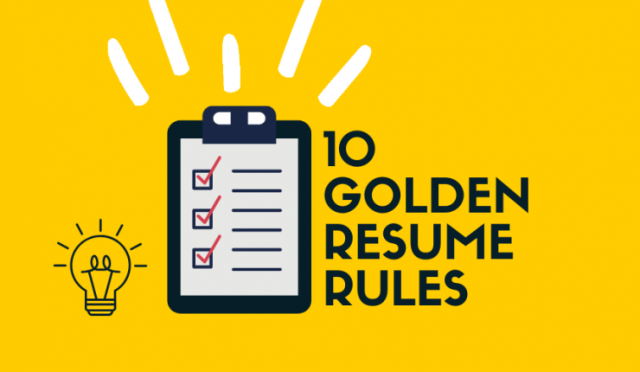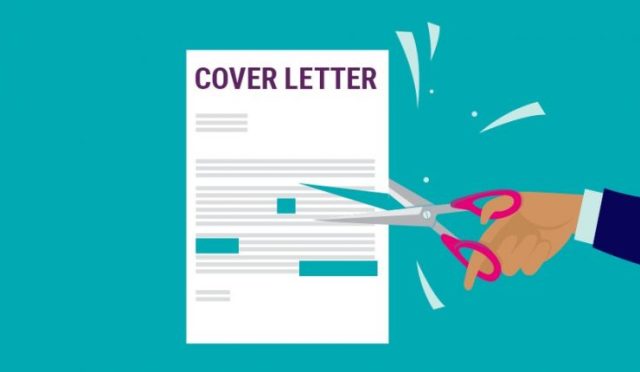Have you ever thought about how exactly to title the document you send to a potential employer – resume , cv or something else? Autobiography or CV
Perhaps many would say that this does not really matter, and they would probably be right to a certain extent – after all, it is not so important whether your document is called “resume” or “cv”, but what it contains.
Still, since resumes (cvs) are critical to whether or not you get invited to a job interview , sometimes even tinkering with the little details would be helpful. You can see why I think so in “Ten golden rules for a perfect resume (cv)” .
I decided to check the roots of the two words, hoping to find more arguments in favor of the use of “resumé” and/or “cv”.
See what Wikipedia says for example:
İçindekiler
Autobiography

Here is the first paragraph for the term ” autobiography ” in the world encyclopedia:
An autobiography, from the Greek autos (self), bios (life) and graphein (write), is a biography of a person’s life, written by him or herself or compiled together with another author. The term was first used by the poet Robert Southney in 1809 in the English Quarterly Review.
Further down in the Wikipedia article , there is no argument whatsoever for the use of the word “resume” in job application documents.
Obviously, the term “autobiography” is not used in the English-speaking world in the same way as it is used in Bulgaria. Abroad, “autobiography” is understood rather as “memoir”.
Or, if you’re applying for a job abroad, for example, don’t write “Autobiography” at the top.
When it comes to applying for a job in Bulgaria, the word “resume” is probably the most common term. More about this – below in the article.
Let us now see how things stand with regard to the word “cv”.

CV
Here is what Wikipedia says about “ CV ”:
The Latin term curriculum vitae means “course of life” (“development of life”). This term is used primarily in Europe, New Zealand, French Canada, and many other non-English speaking countries.
A Curriculum vitae (cv) is usually supposed to include everything in a person’s biography, without “gaps” at different time periods.
A CV usually has a more standardized appearance and format with the aim of gaining a position in an academic or educational institution. Curriculum vitae is organized in a way that presents the data about the person in a compact form, with a clear chronology.
Or, from the explanations above it is clear that if you are applying for a job somewhere in Europe for example, the use of CV is preferable in the title of your document. In the US, however, CV is not used.
The clarifications also suggest that for Bulgarian conditions “cv” should be an acceptable option, as well as “autobiography”. More on that below.
There is also another foreign term that many people around the world title their resumes with. It is about ” resume “.
Resume
The word ” summary ” is foreign and has French roots. “Summary” is mostly used in the US and Canada. Its use is also fully applicable when applying for a job in Russia, for example, although the words “resume” and “cv” are also popular there.
Here ‘s a short excerpt from Wikipedia about “summary”:
In North America, the terms “résumé” and “cv” can be used equally well (to title the document “resume”). At the same time, “résumé” is used more often in the private sector job search and has a freer form of composition.
In Bulgaria, however, you can also meet the word “resume” in articles about resumes (cv), on job sites, etc. Search the internet and you will see for yourself.

And all pack – autobiography, cv or resume?
As you understood above, in different parts of the world, people use different terms to title their document that describes their professional path, knowledge, skills and achievements.
Especially for Bulgaria, I believe that the ranking for popularity in these phrases is as follows:
- Autobiography
- CV
- Summary
So if you absolutely want to title your “life story” with some term before you send it to a potential employer, put “CURRICULUM VOTE” at the top of the paper.
Little secret
And now, a little secret. When you apply for a job, you do not have to title your resume (CV, resume) in any way.
What can you do instead? Just start with your name .
This is a favorite method of mine for making a strong first impression when I’ve applied to various places. I proceed from the fact that almost all other candidates put either “resume” or “cv” at the top, and then most often compose banal resumes.
I have always looked to excel, even in the small details. Therefore, I simply start with my name, in a large, sans-serif font and bold.
You can also find this recommendation in “Ten golden rules for a perfect resume (cv)” . And here I will limit myself to three advantages of using such an approach:
- By starting directly with your name, you save space on your CV, and as you may already know, I strongly advise you to aim for 1 page CVs ! In this case, any space saved on the page is essential to give you more space for the important stuff.
- By starting directly with your name, you will distinguish your document from the documents of perhaps all other applicants (your competitors for the job).
- By starting directly with your name, you should not be afraid that the employer will not understand what he is reading. You don’t have to put “resumé” or “cv” at the top at all costs – this is implied by the content of the document and is obvious. At the same time, by hitting the mark with your name, you’ll set the tone for writing in the same style (tight, clear, to the point) for the rest of your writing below.
You can give it another try the next time you’re writing a resume (cv) – I think my advice (little secret) will do you good.
We recommend you to see our articles in the how to make category that we have prepared for you.







